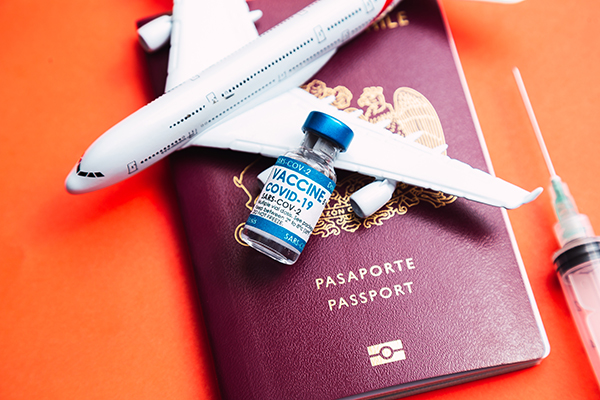
1. Sea vegetables. Kelp, kombu and nori are three common "sea vegetables" (which are actually a type of algae) which cause remarkable effects on cancer. They are rich in iodine, a substance lacking in the average diet, causing many to suffer from breast and ovarian cancer. They are also rich in calcium and potassium, as well as minerals which assist in promoting an alkaline environment, thereby making it more difficult for cancer to survive.
2. Cruciferous Vegetables. Cruciferous vegetables, such as broccoli, cauliflower and cabbage, have been linked to lowering the risk of cancer. These vegetables can stimulate enzymes that detoxify carcinogens before they damage cells.
3. Medicinal Mushrooms. Mushrooms, such as reishi and chage, have a number of bioactive molecules, including anti-tumor agents, identified in their structure. These bioactive compounds include polysaccharides, alkaloids, tocopherols, phenolics, flavonoids, carotenoids, folates, ascorbic acid enzymes, and organic acids.
Studies show that long-term consumption of reishi prevents tumor growth by increasing the level of antioxidants in an individual's blood plasma while boosting the immunity of those suffering from advanced stage cancer.
4. Aloe Vera. Research has shown that polysacharrides in aloe vera show strong immunomodulatory and anti-tumor properties, thereby boosting immune system function and destroying cancer tumors. A study published in International Immunopharmacology has also shown that aloe vera polysaccharides exhibited potent macrophage-activating activities, including producing increased volumes of nitric oxide, which has anti-tumor potential.
5. Hemp. Hemp contains some of the most balanced and richest sources of oils on the planet, with an ideal ratio of 3:1 for omega 6 to omega 3. Hemp seed oil also contains 80% essential fatty acids, the highest of any plant.
Essential fatty acids are fundamental to immune function due to their antioxidants and anti-inflammatory fatty acids, which help oxidize the cells and restore health at a cellular level.
6. Garlic. A randomized study with over 3000 human subjects for seven clinical years showed that cancer risk was cut by 60% for those with the highest intake of allium containing vegetables, including aged garlic. Garlic's miracle nutrient appears to be the enzyme alliinase, which produces anti-cancer compounds.
7. Turmeric. Turmeric targets 10 causative factors involved in cancer development, including DNA damage, chronic inflammation, and disruption of cell signaling pathways. Hundreds of studies have also shown that curcumin is a potent anti-cancer food that blocks cancer development in a number of unique ways.
Sources:
Please contact us for more information.























